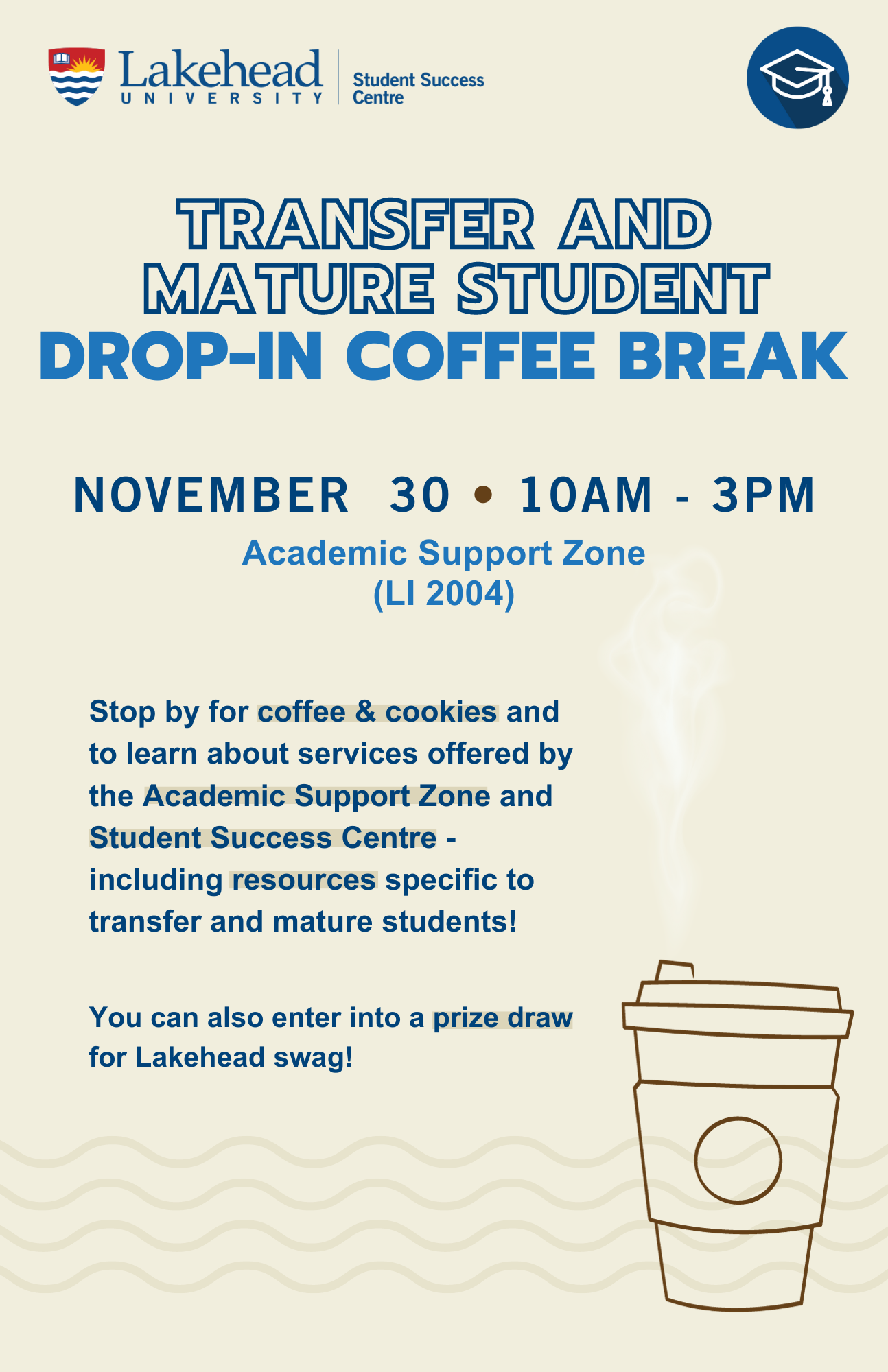Faculty, Staff & Student Appreciation Sale at the Bookstore - Dec. 11 to 21

Holiday Sale!
For Faculty, Staff & Students
30% Off - All regular priced merchandise*
December 11th - 21st, 2023
*Offer in-store only –
please see in-store for details –
consignment, supplies, textbooks & trade books not included



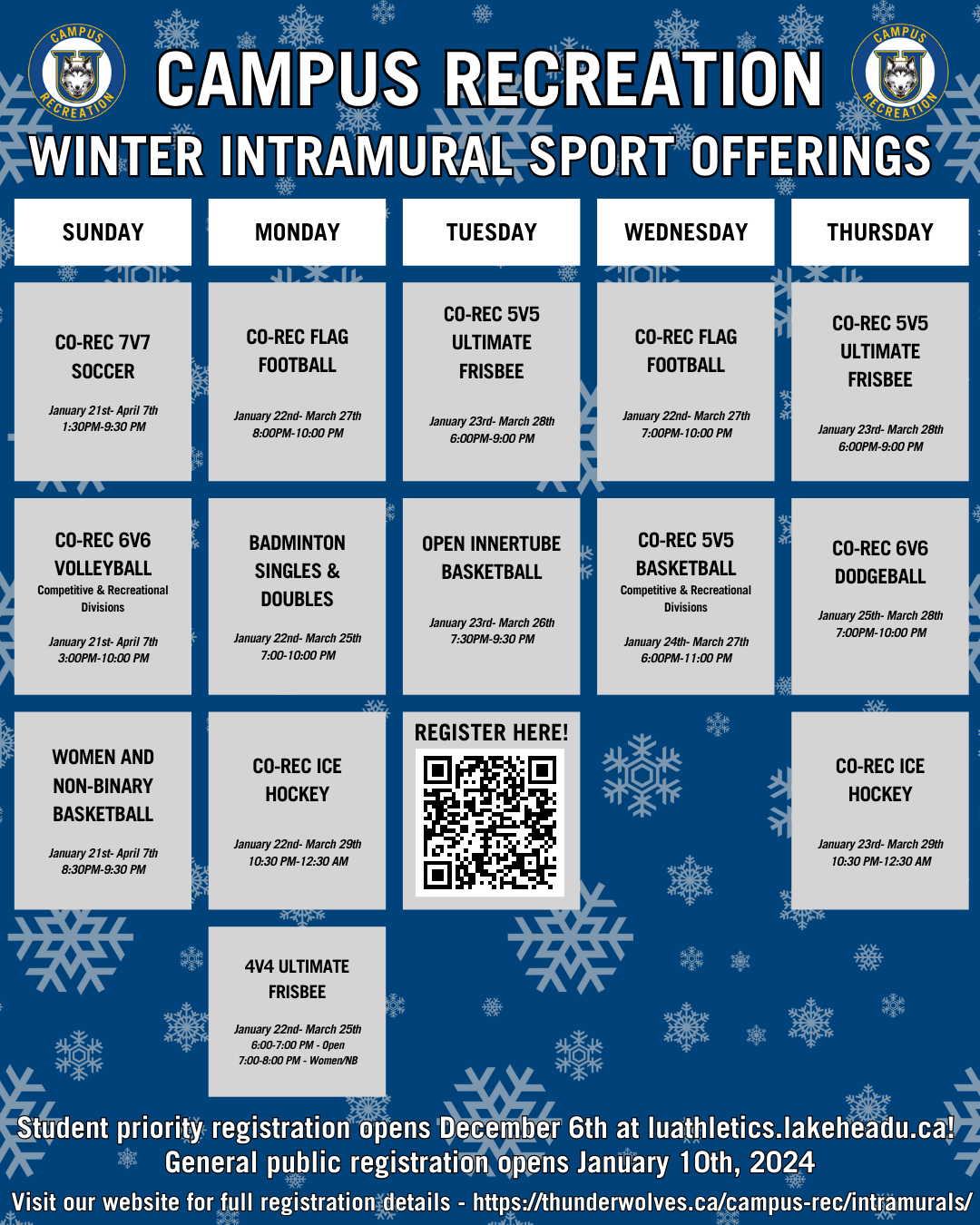

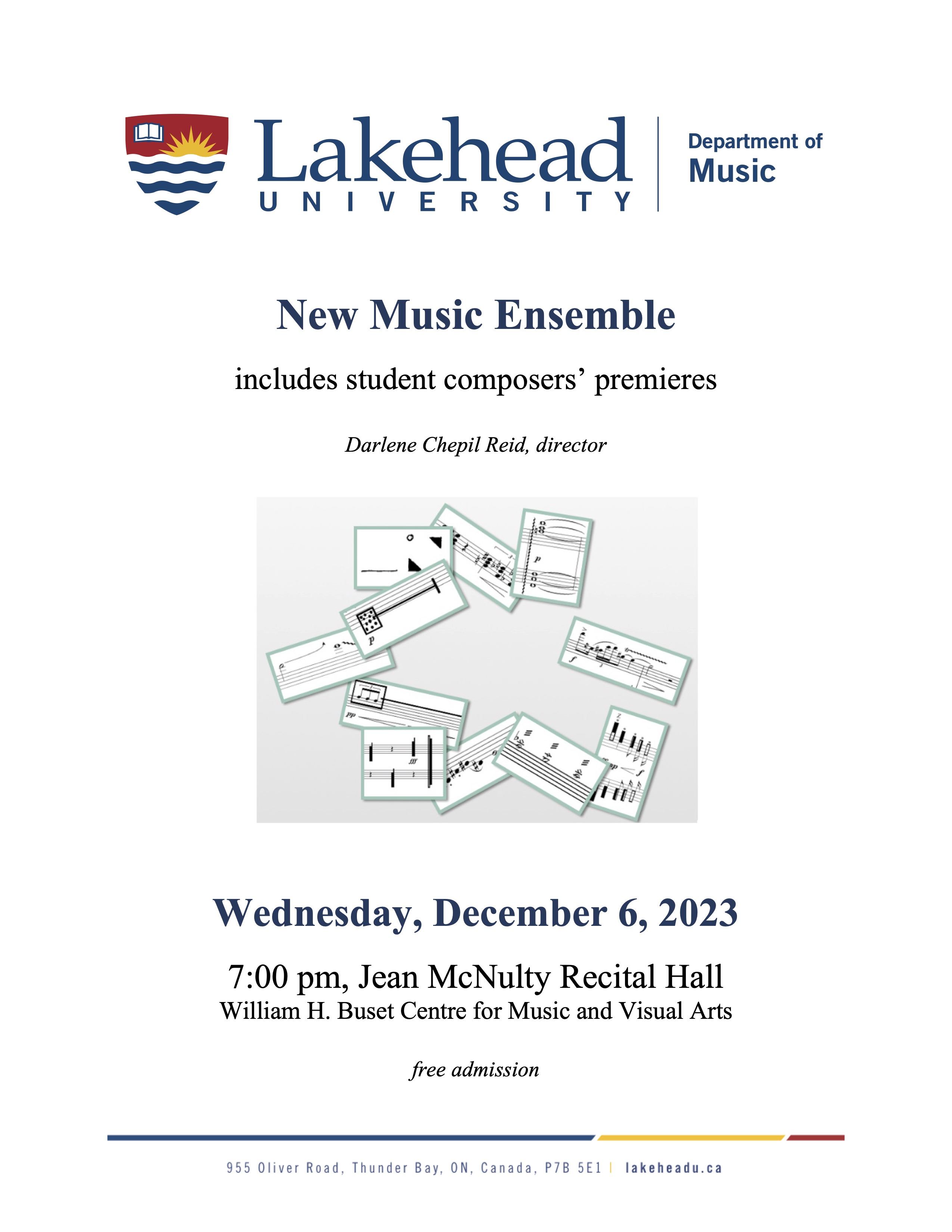
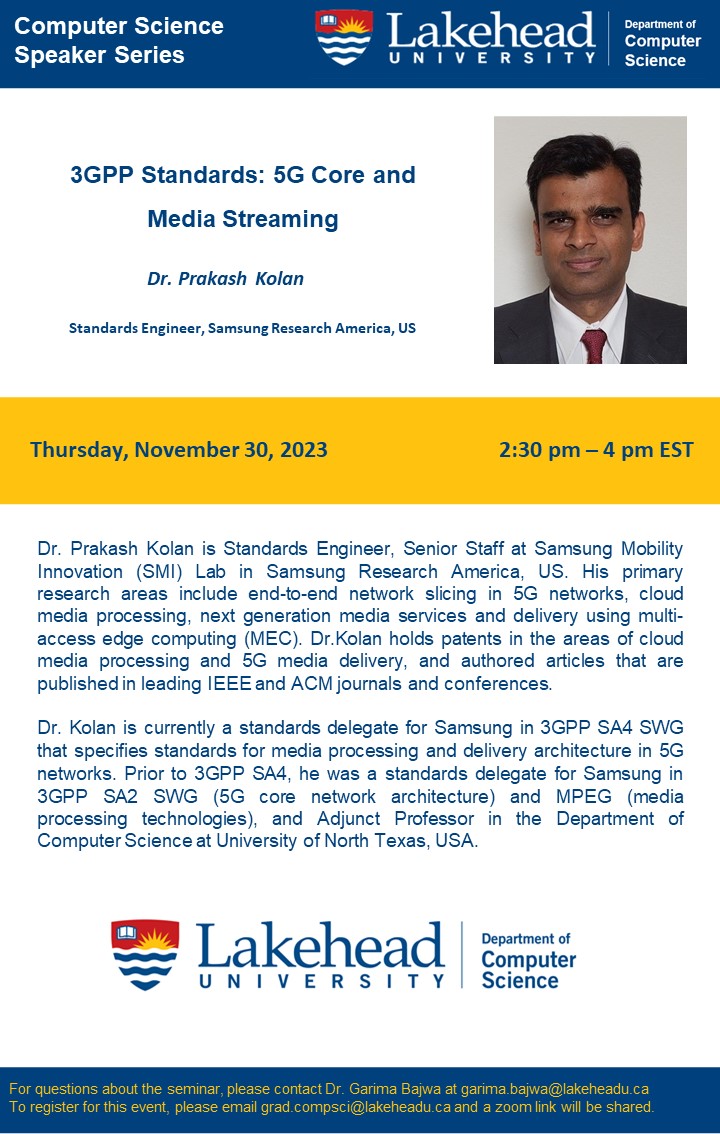
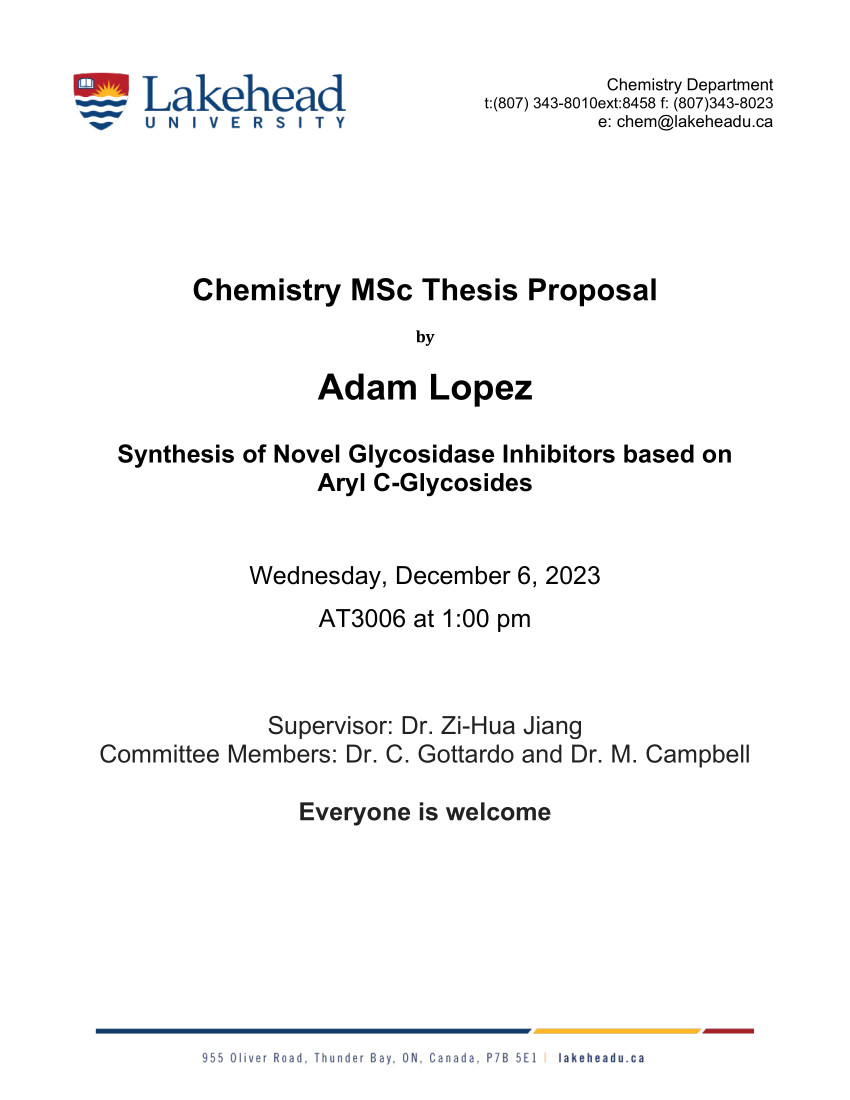
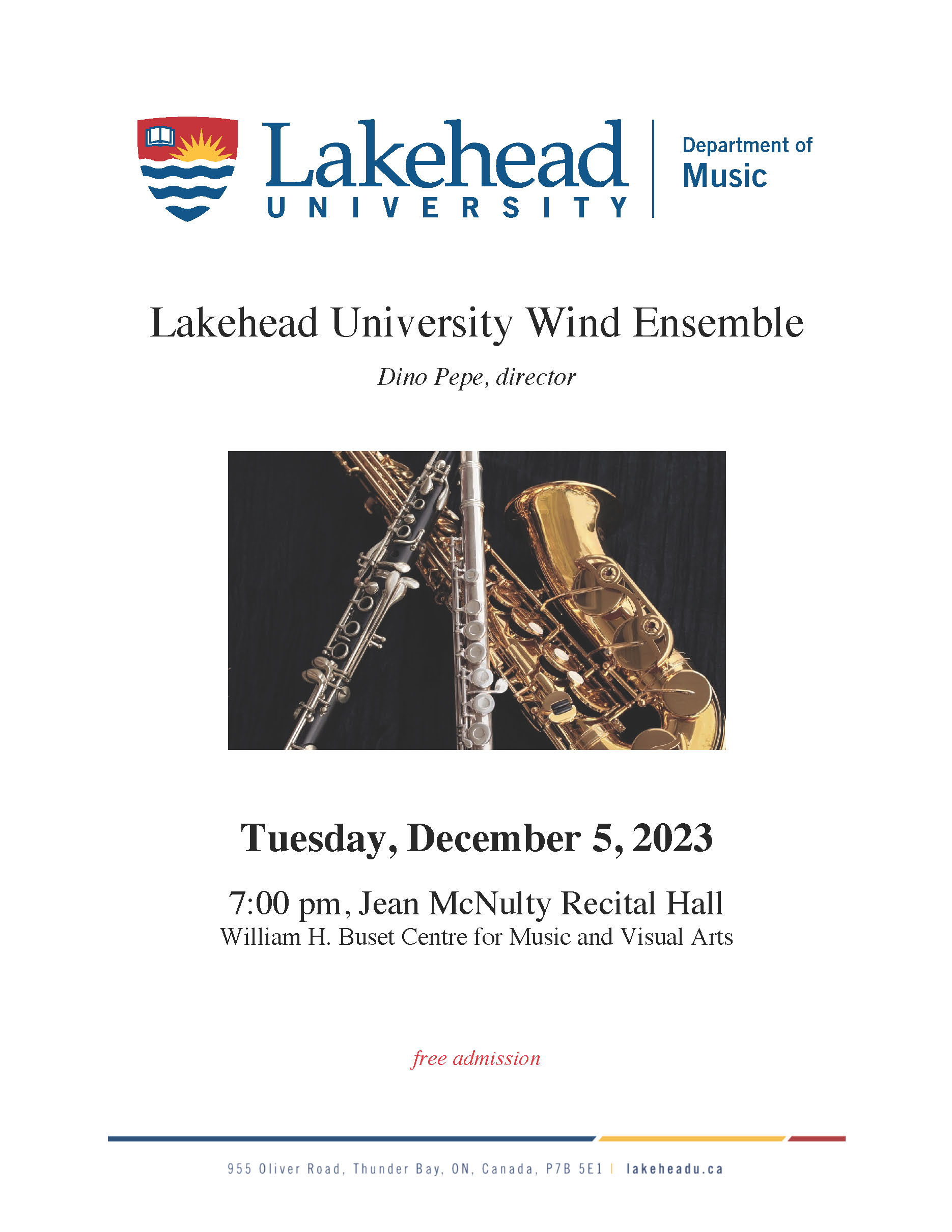
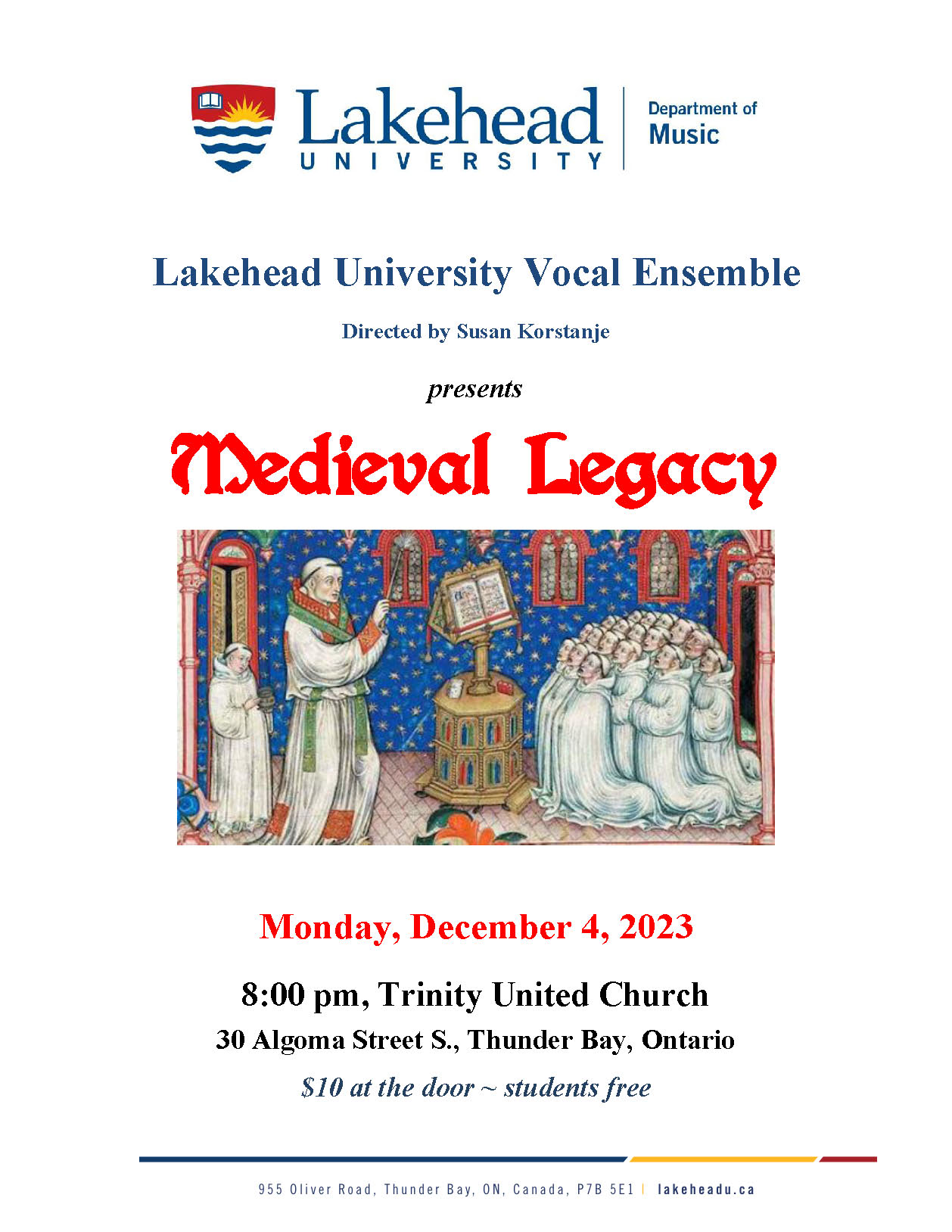 Lakehead University Vocal Ensemble
Lakehead University Vocal Ensemble